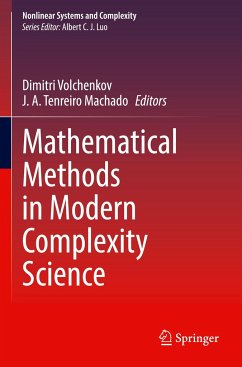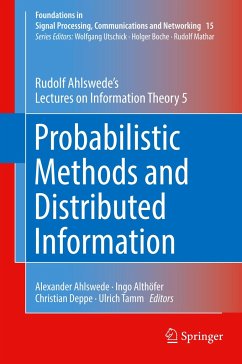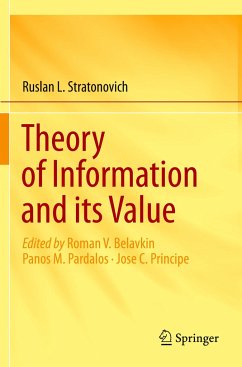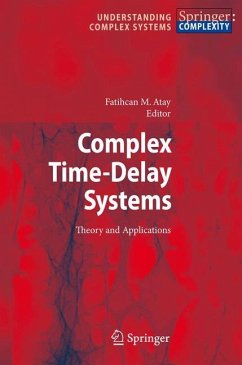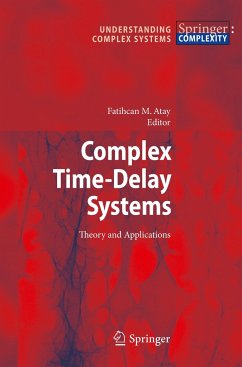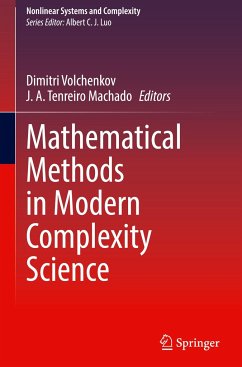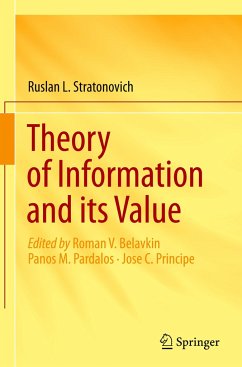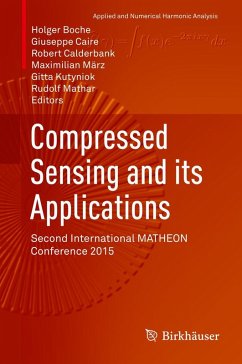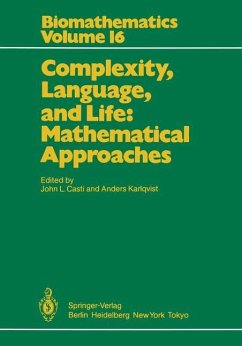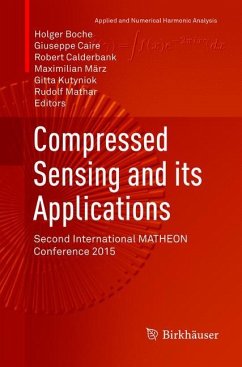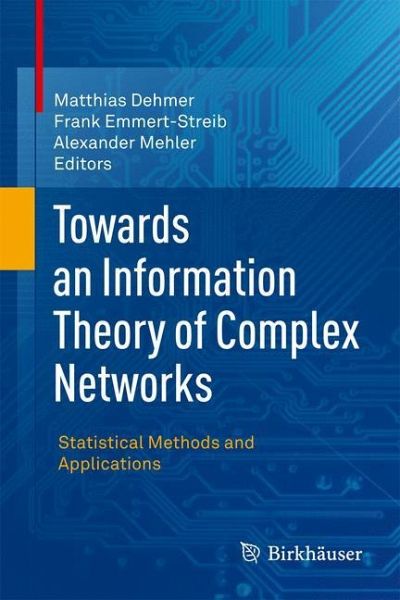
Towards an Information Theory of Complex Networks
Statistical Methods and Applications
Herausgegeben: Dehmer, Matthias; Emmert-Streib, Frank; Mehler, Alexander

PAYBACK Punkte
38 °P sammeln!
For over a decade, complex networks have steadily grown as an important tool across a broad array of academic disciplines, with applications ranging from physics to social media. A tightly organized collection of carefully-selected papers on the subject, Towards an Information Theory of Complex Networks: Statistical Methods and Applications presents theoretical and practical results about information-theoretic and statistical models of complex networks in the natural sciences and humanities. The book's major goal is to advocate and promote a combination of graph-theoretic, information-theoreti...
For over a decade, complex networks have steadily grown as an important tool across a broad array of academic disciplines, with applications ranging from physics to social media. A tightly organized collection of carefully-selected papers on the subject, Towards an Information Theory of Complex Networks: Statistical Methods and Applications presents theoretical and practical results about information-theoretic and statistical models of complex networks in the natural sciences and humanities. The book's major goal is to advocate and promote a combination of graph-theoretic, information-theoretic, and statistical methods as a way to better understand and characterize real-world networks.
This volume is the first to present a self-contained, comprehensive overview of information-theoretic models of complex networks with an emphasis on applications. As such, it marks a first step toward establishing advanced statistical information theory as a unified theoretical basis of complex networks for all scientific disciplines and can serve as a valuable resource for a diverse audience of advanced students and professional scientists. While it is primarily intended as a reference for research, the book could also be a useful supplemental graduate text in courses related to information science, graph theory, machine learning, and computational biology, among others.
This volume is the first to present a self-contained, comprehensive overview of information-theoretic models of complex networks with an emphasis on applications. As such, it marks a first step toward establishing advanced statistical information theory as a unified theoretical basis of complex networks for all scientific disciplines and can serve as a valuable resource for a diverse audience of advanced students and professional scientists. While it is primarily intended as a reference for research, the book could also be a useful supplemental graduate text in courses related to information science, graph theory, machine learning, and computational biology, among others.





